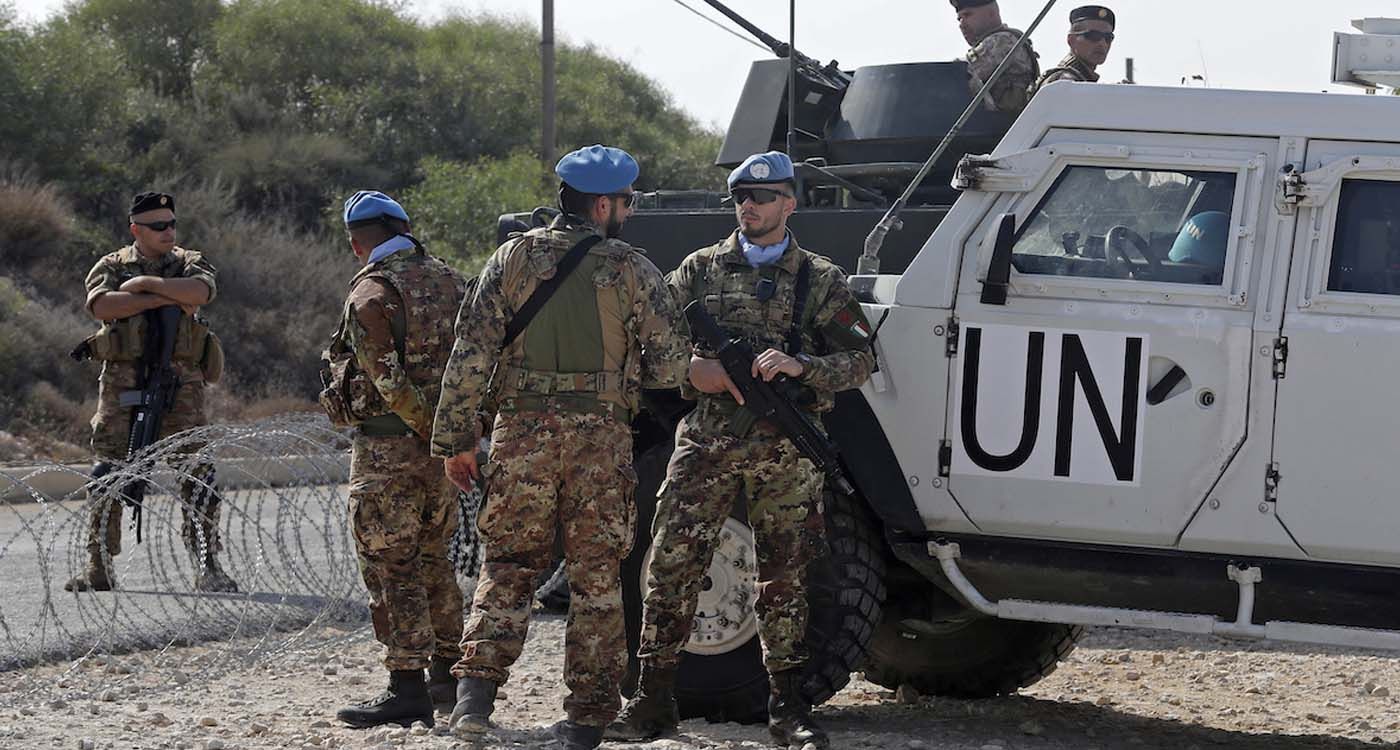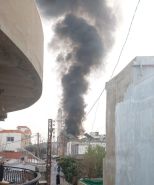
Analysts are debating a potential revision to Resolution 1701, though this remains unlikely for a simple reason: any new vote at the UN would face vetoes from China and Russia. Thus, Resolution 1701 is likely to remain unchanged. However, this doesn’t rule out the possibility that diplomats are quietly working to create an “adapted environment” for the resolution in anticipation of what has been termed “the day after”—if that day comes.
Speculation is widespread at this point. The West and the Lebanese opposition would prefer an alignment with Resolution 1559, which calls for the disarmament of militias—specifically Hezbollah. So far, Iran and its proxies remain firmly opposed to this idea.
Eventually, however, the luxury of choice may give way to a pressing need, as the alternative could be a prolonged war.
Consider the scenario where the pro-Iranian militia withdraws behind the Litani River, as some Lebanese officials have suggested. What would prevent Hezbollah from continuing its operations from these new positions? The range of their missiles far exceeds the 20 kilometers separating the river from the border, which would leave us right back at square one.
Western and Arab negotiators are fully aware of these dynamics. The current priority is to coordinate on the so-called “environment” surrounding Resolution 1701. Here are the potential avenues being considered:
1. Deploying a well-equipped Lebanese Army throughout the region with the authority to handle suspicious activities effectively.
2. Enhancing UNIFIL's capabilities and granting it a legal mandate to conduct operations on the ground without requiring prior permission.
3. Introducing an international force (potentially comprising American and European troops) to work alongside the Lebanese Army and UNIFIL. This force would be responsible for securing the Syrian border to prevent arms smuggling and monitoring the airport and ports.
4. Electing a President of the Republic who would ensure compliance with all terms of any potential agreement. Best of luck to him.
Alright, let’s consider the possibility that this isn't just a fantasy. However, before we get to that stage, the challenges seem overwhelming. Will Hezbollah be keen to disarm? That’s far from certain. In his inaugural speech this Wednesday, the new Secretary-General of the militia, Naïm Qassem, was unequivocal: the “war plan” is ongoing, victory is inevitable, and the party can sustain itself for weeks or even months. The Israelis will not manage to establish a presence on Lebanese soil. Moreover, they are “terrified” of the “resistance.”
This assertion is clear. It reflects a classic example of optimistic thinking at its finest.
Will Iran really relinquish its strategic asset in the region? If so, one should admit that everything has a price. Clearly, Tehran is focused solely on its own interests.
Will the Syrian regime stop being the logistical hub and transit point for arms destined to Lebanon? The Israelis have issued multiple military and political warnings to the Assad family, indicating that they must distance themselves from Iranian-Hezbollah influence, or their hold on power could be jeopardized. For now, it seems that Bashar and Maher al-Assad are not on the same page. Bashar appears somewhat open to negotiation, while Maher remains unyielding despite warnings, such as a recent raid in the area he controls in the Mazzeh district of Damascus.
A crucial uncertainty looms regarding the Israeli position. Benjamin Netanyahu has been sending mixed signals, leaving everyone uncertain about his true intentions. One day he convenes his cabinet to explore a “political solution” to the conflict in Lebanon, the next he ramps up military pressure. His Defense Minister mirrors this approach. One moment he claims Hezbollah is down to just 20% of its capabilities, reassuring northern Israeli residents that they can prepare to return home; just hours later, the intensity of fighting and airstrikes escalates.
What is undeniable is that the Israeli military is establishing a “buffer zone” several kilometers deep. As a non-military strategist, it is challenging to comprehend the rationale behind this decision, apart from highlighting the existence of tunnels leading into Israel. Yet, this buffer zone cannot prevent missiles from being launched from a greater distance.
Ultimately, as one delves deeper into the complexities of the situation, it becomes increasingly evident that the challenges are so intricate that it might very well be akin to a plot from science fiction.
So, let’s join the chorus and implement Resolution 1701. There, it’s done. All settled.




Comments